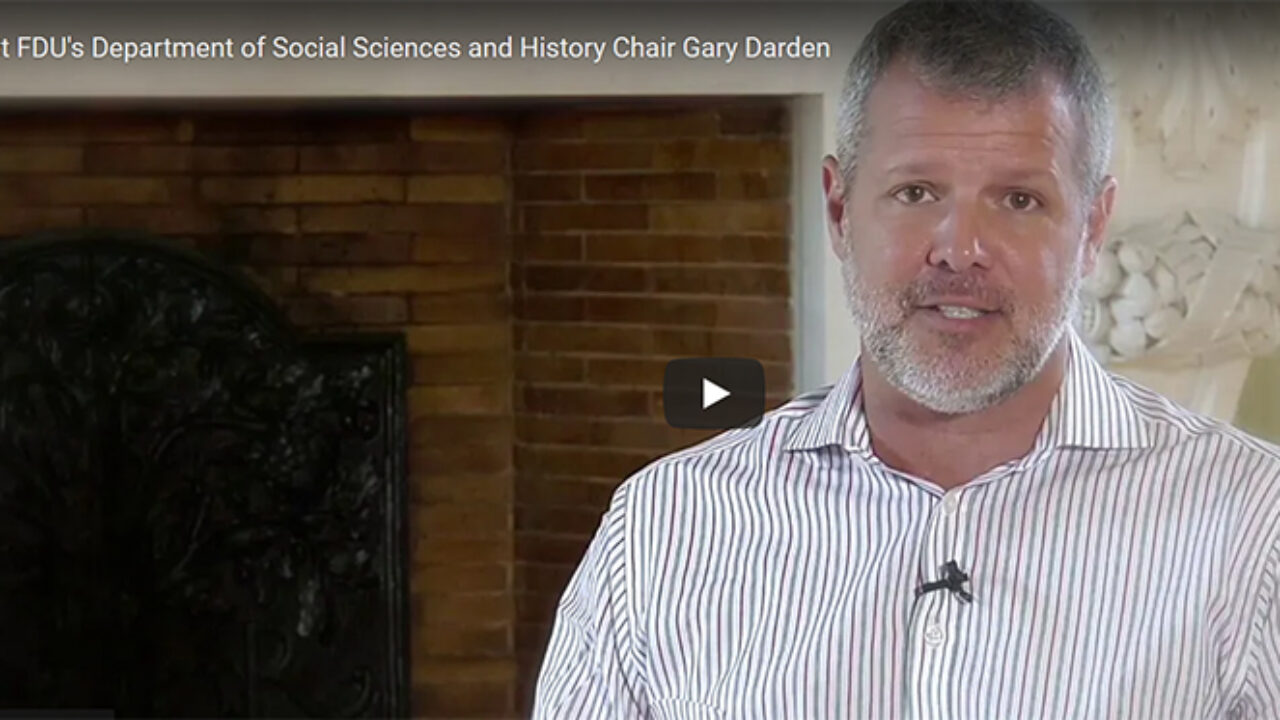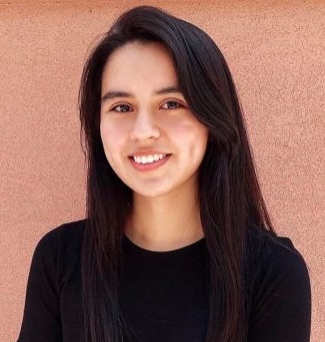Department of Social Sciences and History

In our programs we examine some of humanity’s most pressing concerns from multiple perspectives, offering courses in anthropology, criminology, economics, geography, history, political science, and sociology.
Several of our faculty have won the university’s Distinguished Faculty Award for Scholarship, the Distinguished Faculty Award for Teaching, and several student awards for teaching. Other faculty are featured prominently in local and national media. Several of our faculty also take students on trips as part of classes and major programs, including Washington D.C., Montreal, Vietnam and Cambodia, France, Germany, China, and Japan. As teachers, we value our small class sizes and working with students one-on-one on thesis projects and research. We’re always looking for bright students who want to work hard and have fun.

